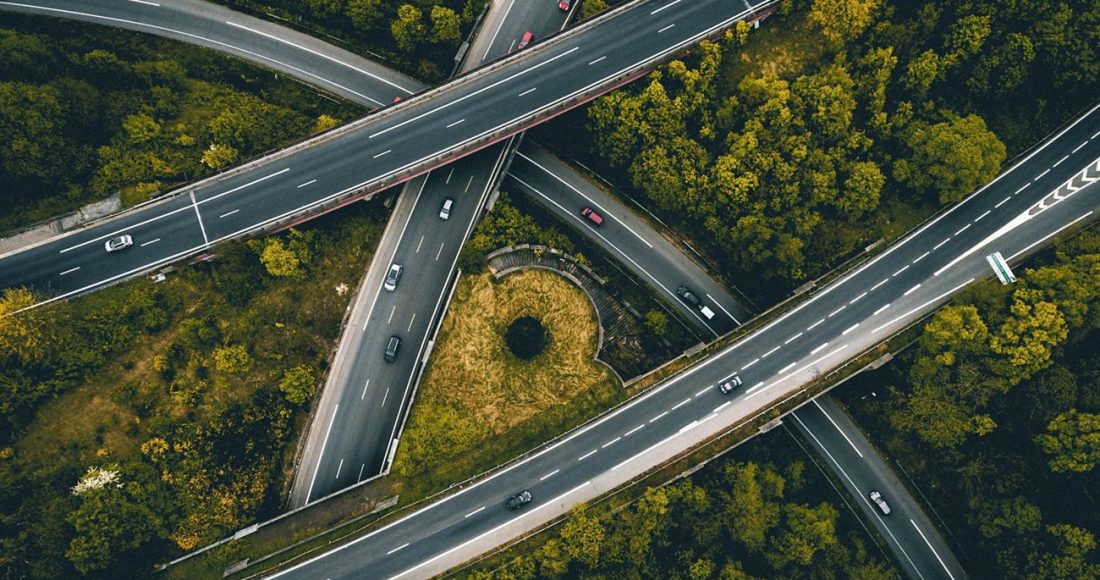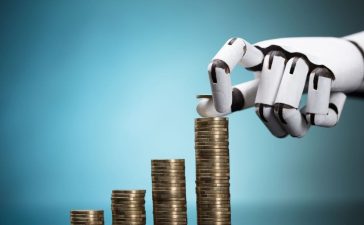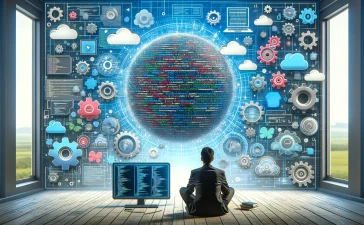Society has always been in a state of flux. From the earliest tribal communities to today’s hyper-connected digital world, human beings have continuously adapted their cultures, institutions, and values to meet new realities. In the 21st century, this process has accelerated dramatically. Globalization, technological innovation, environmental pressures, and shifting cultural norms are reshaping society at a speed that would have been unimaginable just a few decades ago. As we look ahead, understanding these changes is crucial to fostering a more inclusive, resilient, and just world.
The Digital Transformation of Society
One of the most visible shifts in modern society has been the digital revolution. Technology is no longer just a tool; it has become the backbone of social, economic, and cultural interaction. Smartphones, social media, and artificial intelligence have transformed the way we communicate, work, and even think.
Social media platforms like X (formerly Twitter), Instagram, and TikTok provide opportunities for self-expression and global connection. At the same time, they have raised concerns about misinformation, cyberbullying, and the erosion of privacy. Algorithms now influence not just what products we buy, but also the opinions we form, which has sparked debates about freedom of thought and digital manipulation.
The digital divide is another pressing issue. While urban centers in developed countries enjoy high-speed internet and advanced digital services, millions of people in rural areas and developing nations remain disconnected. Bridging this divide will be essential if society is to benefit equitably from technological progress.
Globalization and Cultural Exchange
Globalization has made the world smaller, enabling goods, ideas, and cultures to move across borders with unprecedented ease. This interconnectedness has enriched societies by promoting cultural exchange, economic growth, and greater awareness of global issues.
Yet globalization also brings challenges. Local traditions can be overshadowed by dominant cultural exports, leading to concerns about cultural homogenization. Economically, while globalization has lifted millions out of poverty, it has also contributed to widening income gaps, particularly in societies where wealth distribution is heavily skewed.
A key question for the future is how societies can embrace the benefits of globalization while protecting cultural diversity and addressing inequalities. This balance will likely determine the resilience of communities in an increasingly interconnected world.

Social Justice and Equity
Over the past two decades, there has been a growing awareness of social justice issues. Movements such as #MeToo, Black Lives Matter, and climate justice campaigns have brought conversations about gender equality, racial justice, and environmental responsibility into the mainstream. These movements reflect a collective demand for fairness, accountability, and structural change.
However, progress has been uneven. While some countries have made strides in recognizing and addressing systemic injustices, others struggle with entrenched inequalities. The rise of populist politics and polarization in many societies also complicates the pursuit of equity, as different groups often have conflicting visions of justice.
The challenge ahead lies in creating systems that go beyond symbolic gestures to deliver real, measurable improvements in people’s lives. This requires rethinking everything from education and healthcare to workplace policies and environmental laws.
The Environmental Dimension of Society
No discussion of modern society is complete without acknowledging the environment. Climate change is not just a scientific issue—it is a societal one. Rising temperatures, extreme weather events, and environmental degradation are already reshaping how communities live and interact.
For example, climate-induced migration is creating new societal challenges as people are forced to leave their homes due to floods, droughts, or wildfires. Cities face increasing pressure to adapt their infrastructure, while rural communities often struggle with declining agricultural productivity. The younger generation, in particular, is pushing society to take sustainability seriously, demanding greener policies and more responsible consumption.
A sustainable society must prioritize long-term environmental stewardship alongside economic growth. This shift requires collaboration between governments, businesses, and individuals to rethink what progress truly means.
Changing Family and Community Structures
Another aspect of societal transformation is the evolution of families and communities. Traditional family models are giving way to more diverse structures, including single-parent households, cohabitation without marriage, and chosen families based on friendships rather than blood ties.
This evolution reflects broader changes in values and lifestyles. People are marrying later, having fewer children, or choosing not to have children at all. While some see these shifts as a decline in traditional values, others view them as a natural adaptation to modern realities such as economic pressures and individual freedom.
Communities, too, are being redefined. Digital networks are increasingly replacing geographic proximity as the basis for social connection. Online communities allow individuals to find belonging across borders, though they can also contribute to echo chambers and social fragmentation.
The Role of Education in a Changing Society
Education has always been a cornerstone of societal progress, but its role is evolving rapidly. Beyond literacy and basic knowledge, modern education must prepare individuals for a world defined by constant change. Critical thinking, digital literacy, and emotional intelligence are now just as important as traditional academic skills.
However, education systems worldwide face challenges, from underfunding and unequal access to outdated curricula. In many countries, debates rage over what values schools should teach, reflecting broader societal divisions. For society to thrive, education must not only equip people with job skills but also foster civic responsibility, empathy, and adaptability.
Looking Toward the Future
The society of tomorrow will be shaped by how we address today’s challenges. If handled wisely, technological innovation, cultural exchange, and growing awareness of social justice can lead to a more inclusive and prosperous world. If ignored, these same forces could deepen inequalities, fuel division, and threaten stability.
Ultimately, the future of society depends on collective action. Individuals, governments, businesses, and communities must all play their part. Building a fair, sustainable, and resilient society requires empathy, dialogue, and the willingness to adapt to new realities without losing sight of shared human values.

Conclusion
Modern society is at a crossroads. It faces immense challenges, from climate change and inequality to digital disruption and shifting cultural norms. But it also holds unprecedented opportunities to build a world that is more connected, inclusive, and sustainable than ever before. The direction we choose will define not just the society we live in today, but the legacy we leave for future generations.
In the end, society is not an abstract concept—it is the sum of all of us. Our values, choices, and actions will determine whether tomorrow’s world is one of division and decline or unity and progress.





